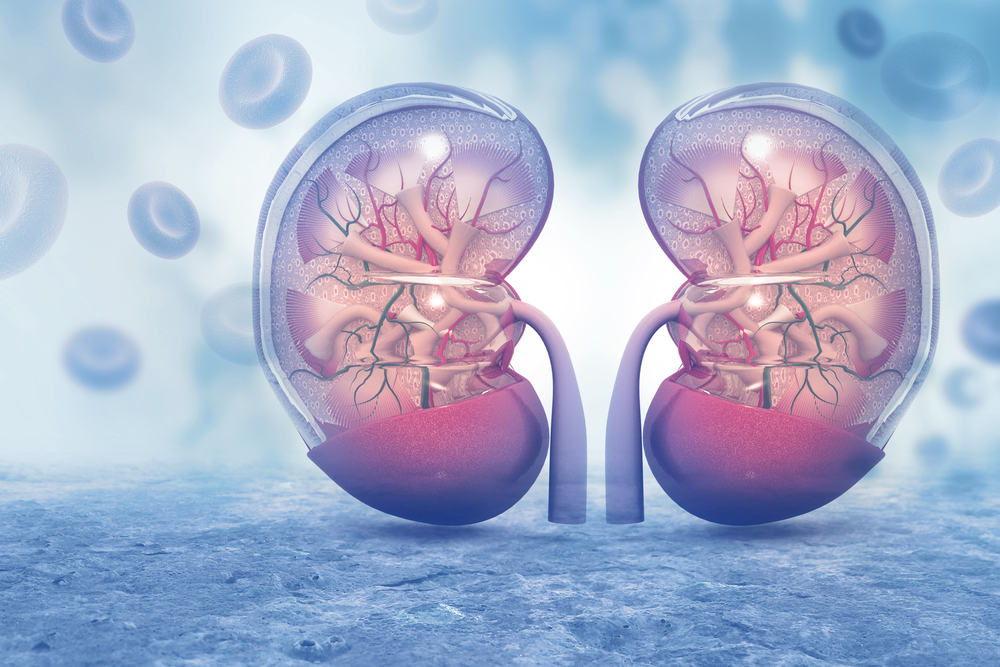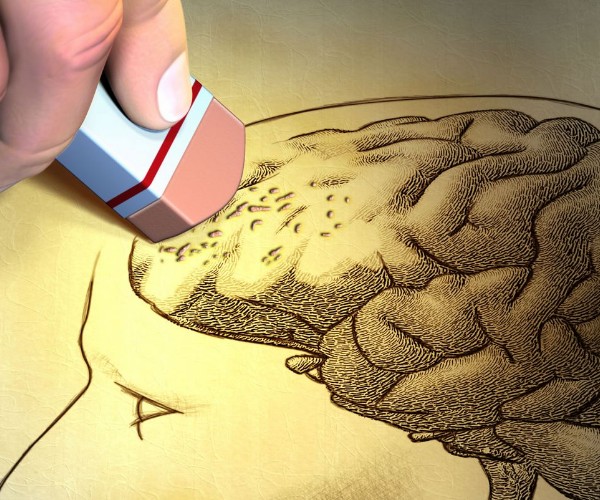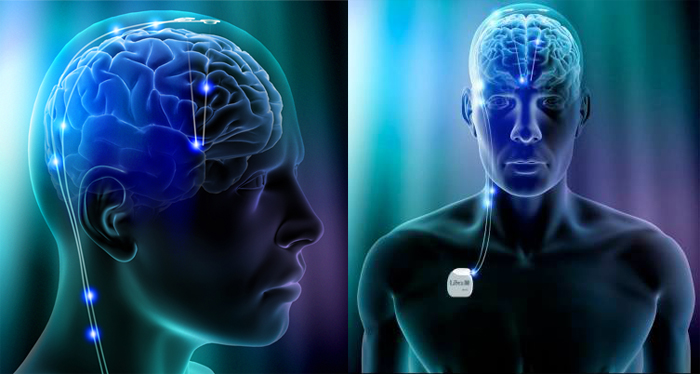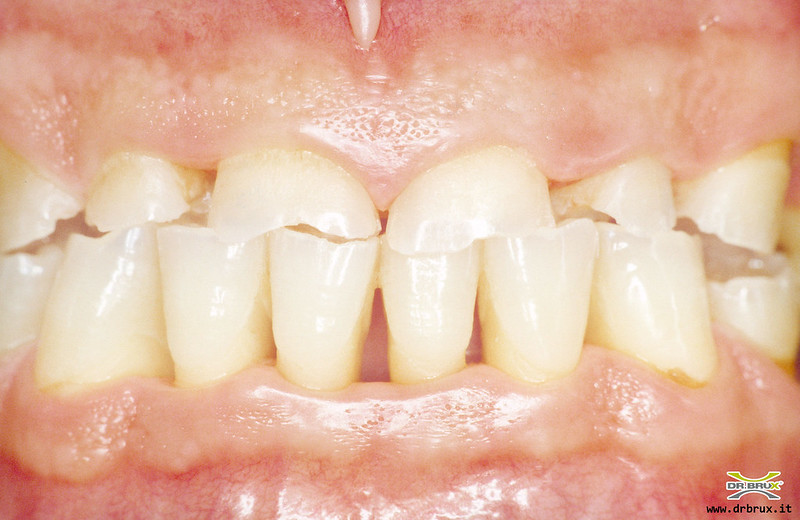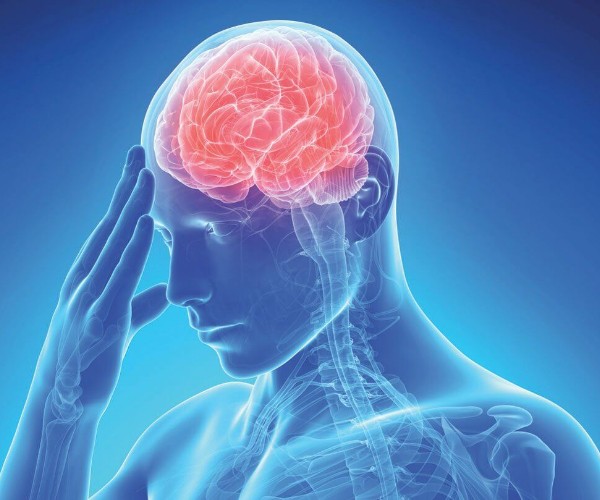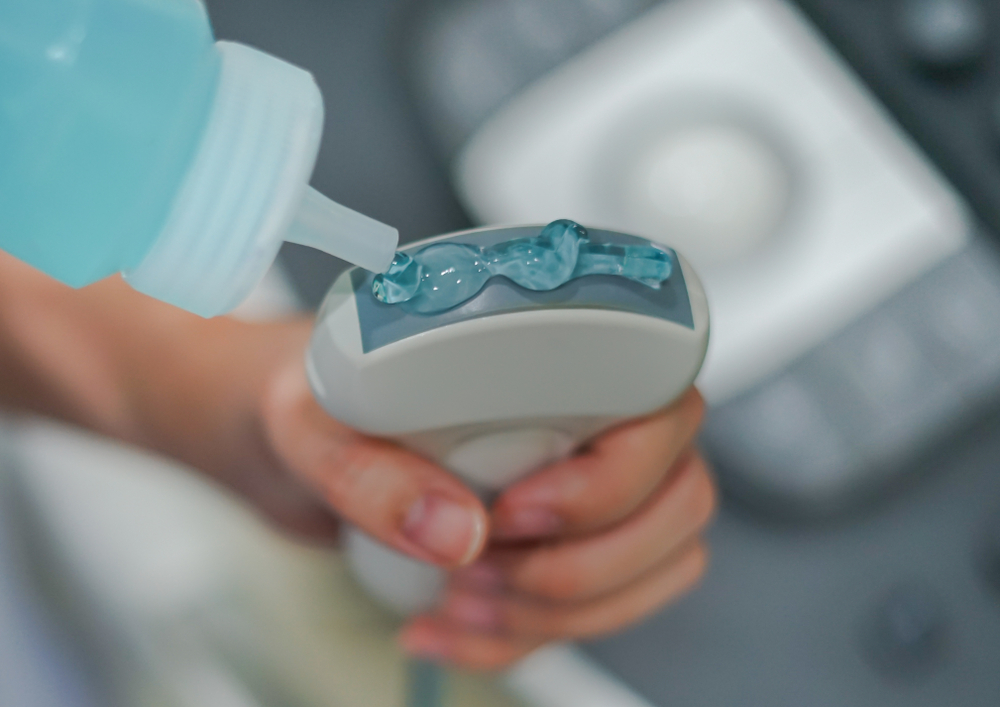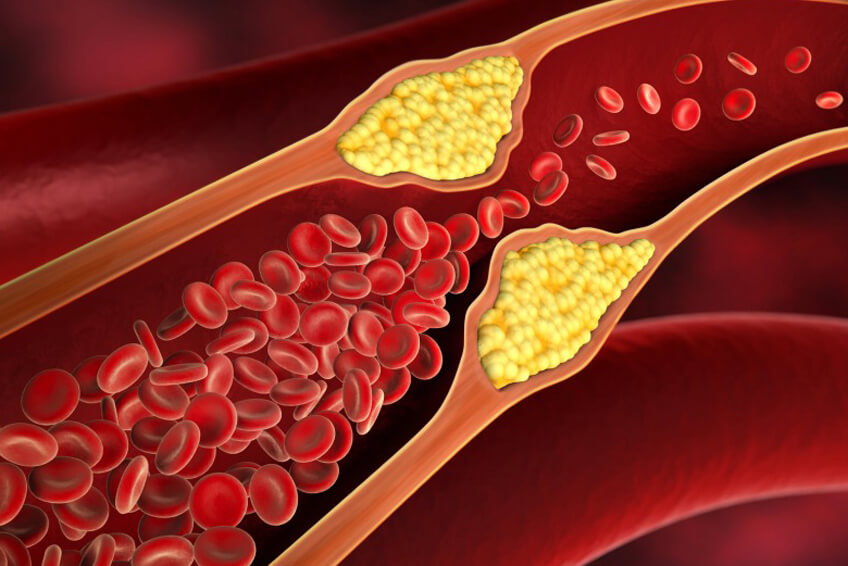Worldwide, 1 in 3 people consume alcoholic beverages regularly (equivalent to 2.4 billion people, of whom 1.5 billion are men and 900 million are women): this is the result of a recent study, published in August in the scientific journal Lancet, which reviewed 694 studies on alcohol consumption worldwide and assessed the health risks associated with drinking alcoholic beverages in 195 nations. The study shows that consuming 10 grams of alcohol per day increases the risk of developing health problems by 0.5 percent and by 7 percent in those who consume twice that amount.
Alcohol use is a risk factor for numerous diseases and can impair brain maturation, especially in those areas involved in impulse control. In adolescence the maturation of the brain is not complete; there are areas such as the limbic area that mature after the age of 20. That is why in some countries, for example in the United States, there is a ban on alcohol use under the age of 21. Alcohol’s damage not only affects the brain, but many other organs: in fact, it is a risk factor for many cancers (liver, oral cavity, throat). The organ most affected is the liver, but the cardiovascular and gastrointestinal systems are also affected by the toxic effect of alcohol. In addition, alcohol abusers are more prone to hypertension, stroke, and heart disease. Alcoholism causes malnutrition, but also impaired sexuality, decreased libido, infertility and impotence, and obesity. Bottom line:
- Alcohol abuse is addictive and comparable to drugs;
- Alcohol is carcinogenic and creates organ damage such as cirrhosis of the liver;
- Weakens the immune system and gives increased susceptibility to infection;
- It reduces the absorption of vitamins A, D and E;
- It causes malnutrition and alterations in body weight;
- It modifies hormone production, has a negative effect on fertility, and is not conducive to sexual performance;
- In pregnancy it can create problems for the fetus and the unborn child;
- May interfere with ongoing drug therapies;
- It alters cognitive function and is a risk factor for cognitive impairment;
- It alters attention, reduces reaction time and causes drowsiness, which is why alcohol should not be taken if you are driving.








